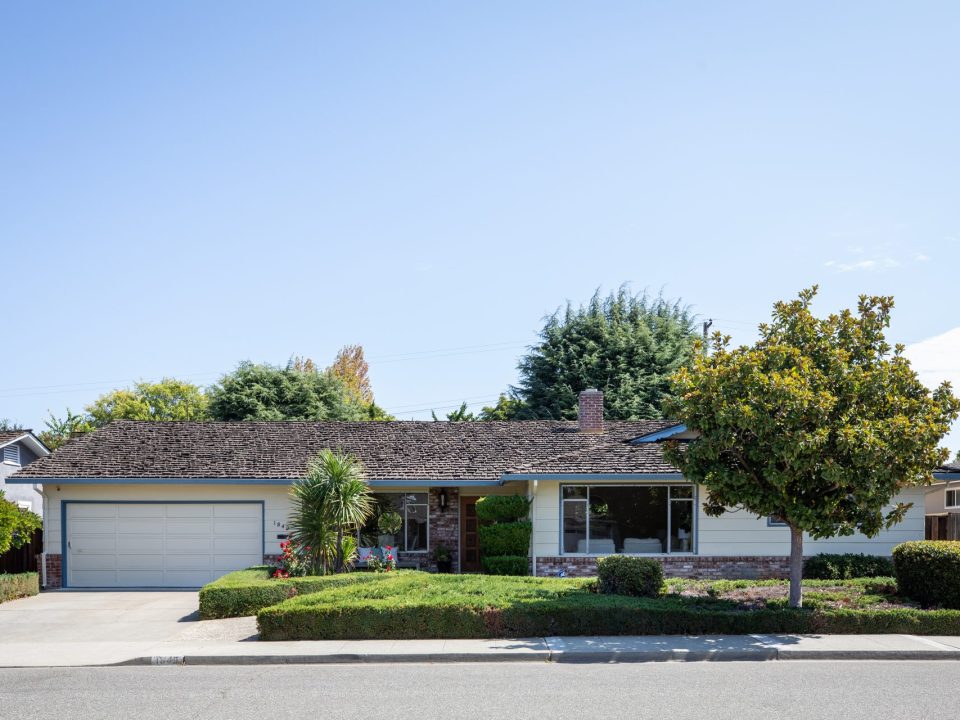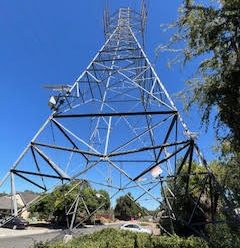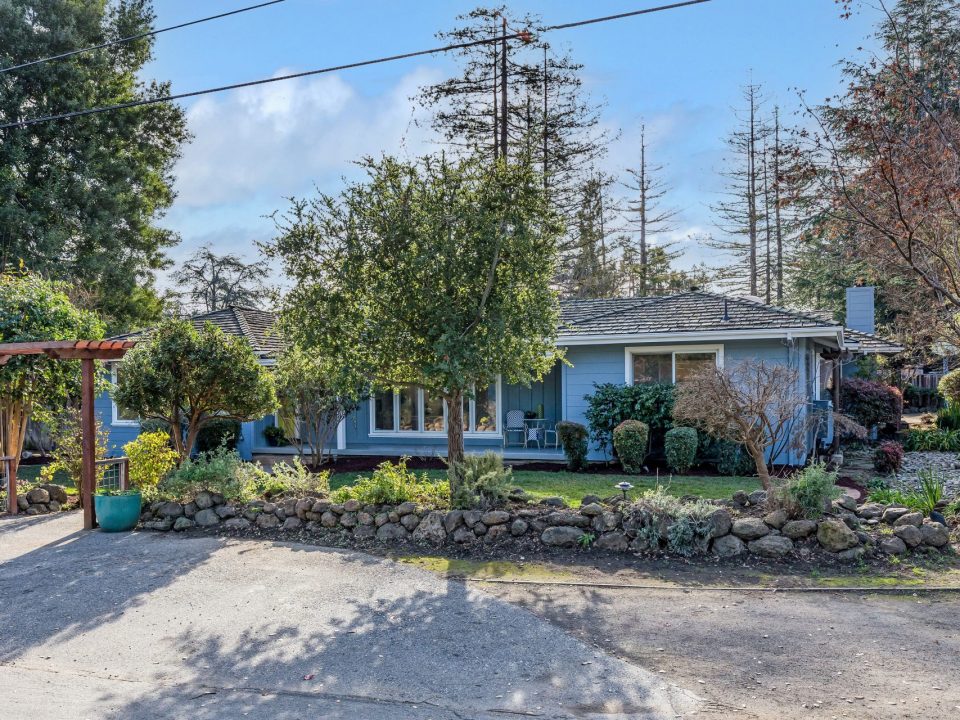An interesting conversation broke out at our last Los Altos/Mountain View real estate tour meeting regarding an increase in a phenomenon we haven’t seen since 1999-2000, pocket listings. Flash back to 1999-2000 when inventory levels were low and buyer demand was high. Some real estate brokerages took listings and never made them public, opting to sell them in-house rather than with the help of co-operating brokerages. Currently, our local inventory is deplete of quality listings. Buyers are out looking, albeit more cautious. Put the two together and its creating an atmosphere where we’re starting to see an increase in pocket listings.
What is a Pocket Listing?
 I’m defining a pocket listing as when a seller and real estate brokerage sign a listing agreement to sell a property but the property is not entered into the local multiple listing service (MLS). When a broker is hired to sell a property, a written listing agreement is signed. The broker normally agrees to cooperate with other brokers and to share a portion of the total real estate commission paid by the seller. However, in this situation, the property is not entered into the local MLS. Note: Our real estate board rules require the seller to sign a document indicating that they are aware that their home will sell for less if it is not marketed on our local MLS. Lastly, a pocket listing is usually “double ended,” meaning the brokerage representing the seller is also the brokerage representing the buyer.
I’m defining a pocket listing as when a seller and real estate brokerage sign a listing agreement to sell a property but the property is not entered into the local multiple listing service (MLS). When a broker is hired to sell a property, a written listing agreement is signed. The broker normally agrees to cooperate with other brokers and to share a portion of the total real estate commission paid by the seller. However, in this situation, the property is not entered into the local MLS. Note: Our real estate board rules require the seller to sign a document indicating that they are aware that their home will sell for less if it is not marketed on our local MLS. Lastly, a pocket listing is usually “double ended,” meaning the brokerage representing the seller is also the brokerage representing the buyer.
The overwhelming majority of agents at the tour meeting agreed that sellers receive more for their property when it is exposed to the open market. The most effective method of exposure is placing the property on our local MLS.
There was one dissenting opinion in the group. Hmmm, could it be that his brokerage find pocket listings more profitable? This broker’s argument was that “in specific circumstances,” a pocket listing achieves a higher price for the seller than if the home was marketed on the MLS. Interesting, less exposure to fewer buyers equals a higher sales price. Call me dumb, but I (and everyone else in the room) didn’t understand the logic. I can understand his logic if he tried to couch it in terms of protecting the seller’s privacy or the seller’s didn’t want their neighbors knowing the home was for sale. But to claim that a seller will receive more for their home if it is sold “off market.” I don’t think so. The following simplified example details another problem for sellers of pocket listings.
Seller “Able” signs a listing agreement with brokerage “Camp” to sell “Able’s” home for a list price of $1,000,000. “Camp” puts a few ads on Craig’s list and buyer “Bud” responds. “Bud” decides he wants to buy “Able’s” home. “Camp” writes up a contract getting the price and terms “Able” desires. Bud gets the house, “Able” sells her house and “Camp” double ends the deal. All are happy, right? Wrong?
Who is representing who in the above case? “Camp” has a fiduciary responsibility to get “Able” the most for her house. “Camp” also has a fiduciary duty to protect “Bud” from overpaying for the home. Which did he do? Besides himself, who’s interests is “Camp” representing? In addition to the likelihood of selling the home at a discount, there is an inherent flaw in selling pocket listings in house because of the problems associated with duel agency. If the home never hits the open market, how does the seller (or his/her agent) know it has been sold for the highest price? This is especially true when the market is in flux.
Most agent’s will have pocket listings for a short period of time while they are preparing the home for the market (ie. staging the home, getting inspections, making repairs and getting the marketing materials in place). This is normal and once the home is ready, it is then place on the MLS and then sold.
 If you’re selling your home and want to maximize its sales price, don’t let anyone try to convince you that selling your home as a pocket listing will make you the most money. It won’t and you might rethink working with the agent who says it will.
If you’re selling your home and want to maximize its sales price, don’t let anyone try to convince you that selling your home as a pocket listing will make you the most money. It won’t and you might rethink working with the agent who says it will.





